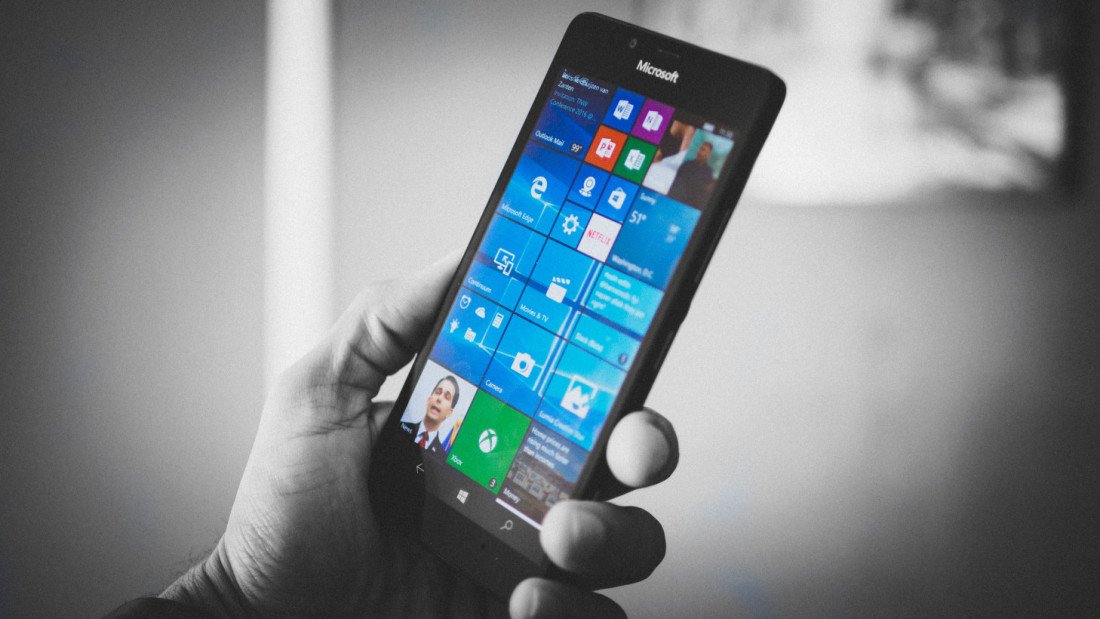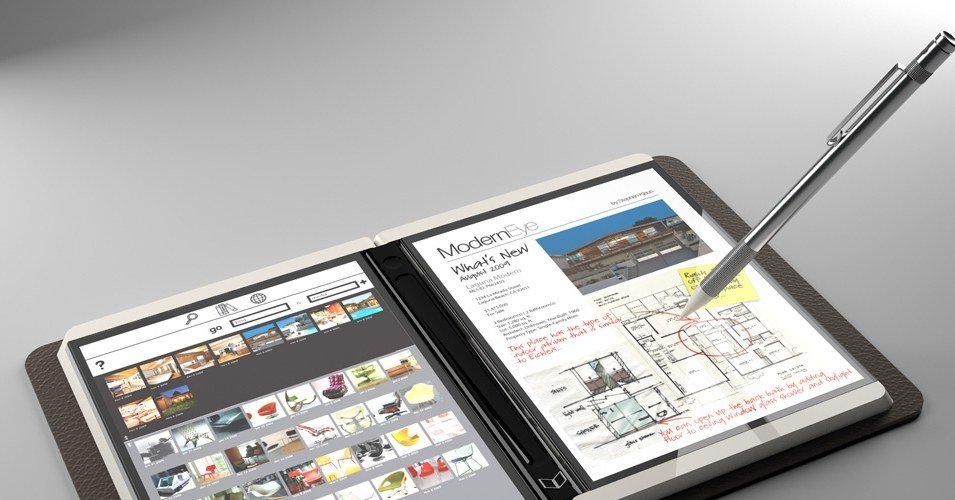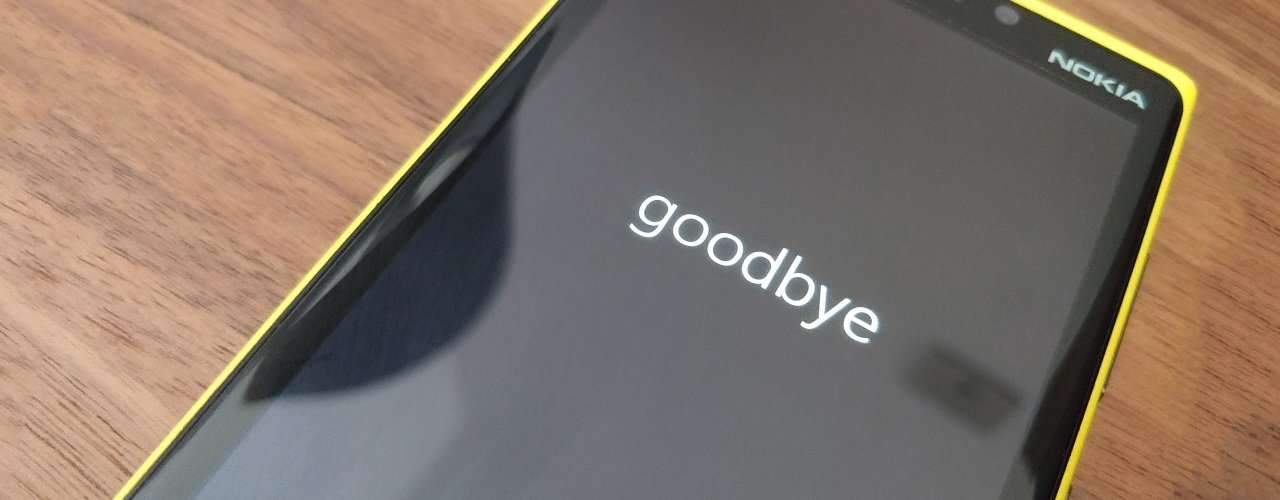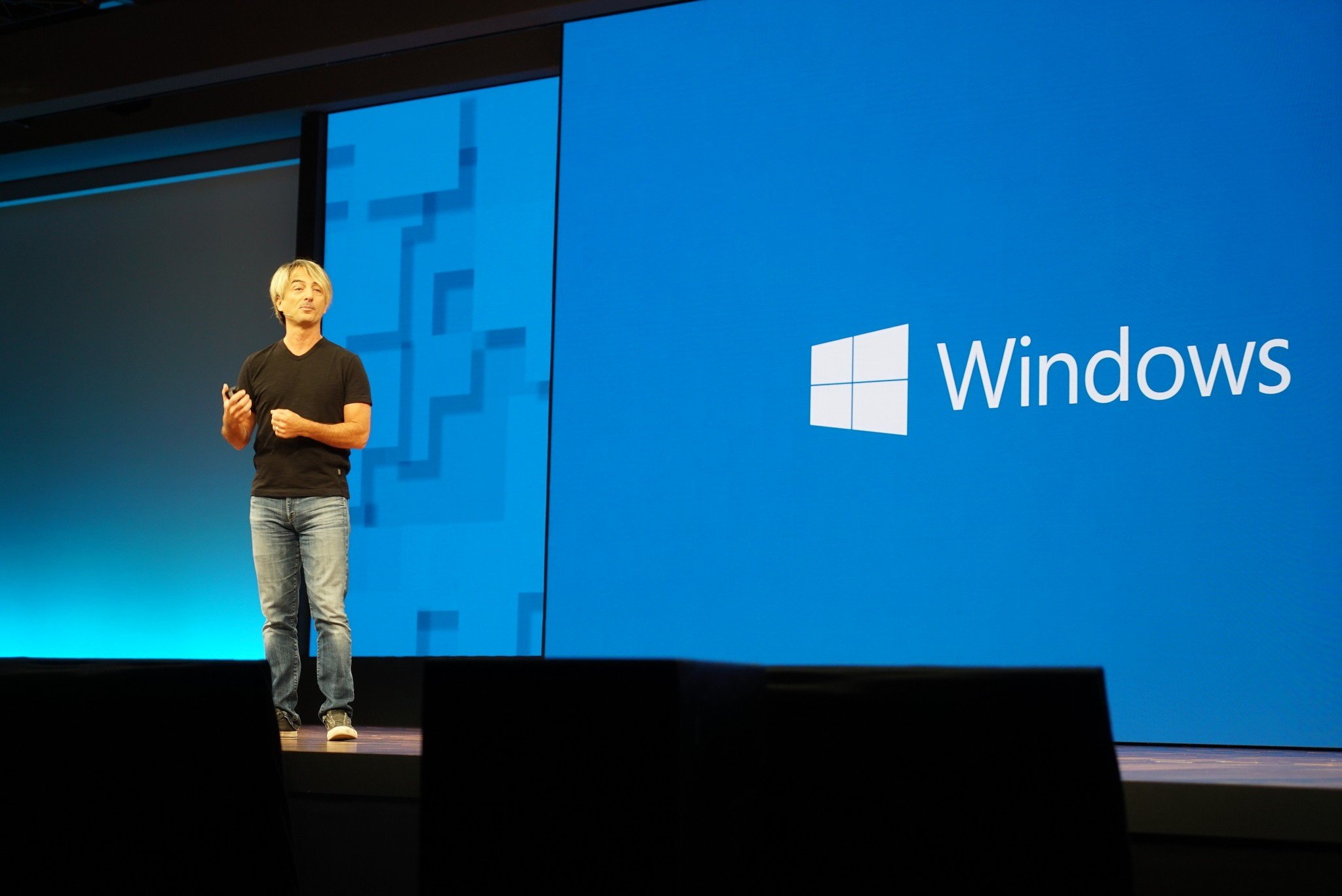Why Microsoft's mobile story is so profoundly confusing
The confusion around Microsoft's mobile story is my fault. Not mine personally, but the fault of people like me — writers and vocal techies.

Microsoft's shifts in short-term objectives are also to blame, but I'll address that later. There has been little consistency in the narrative surrounding the status of Microsoft's mobile efforts. That narrative has been dutifully communicated over the years by a number of writers, techies and various outlets. Much of that content is not straight news echoing Microsoft's declaration of its overall strategy, however. Redmond is notoriously cryptic about its moves in mobile.
Thus, the majority of what permeates the web regarding Microsoft and mobile are personal assessments based on sparse information and the state of affairs at the time of writing. And though most of what's written are based on the same data, it's filtered through the perspective, subjective perceptions and analytical aptitude of individual writers.
This has led to a seemingly unending cycle of articles declaring Windows phone and Microsoft's mobile efforts as dead; followed shortly thereafter with contrasting views by the same writers when some "new" information about some "new" plan is discovered. There's often a return to a dismal assessment when fortune seems to turn again against Microsoft in the form of departing apps, lost partnerships or some other calamity. And the beat goes on. Is Microsoft's mobile strategy as volatile as this vacillating coverage portrays? No, it is not.
A post-smartphone perspective provides context

Let's look at it this way. Weather and climate are two different things. Weather is a part of the climate and represents a distinct atmospheric state over a specific area at a specific point in time. Conversely, climate can include a variety of weather conditions over a long period. Many Microsoft watchers seem to view and respond to Microsoft's mobile efforts according to the "weather" rather than the "climate."
Within the context of its long "climate" view, Microsoft has frustrated users and writers by modifying aspects of its phone strategy multiple times over the years. This admittedly makes following Microsoft's mobile story challenging for some. Furthermore, it's clear that the company's smartphone efforts have failed.
Despite these realities, the company's overarching and decades-old mobile strategy, to bring a telephony-enabled mobile device with the full power of Windows to market has remained unchanged. Microsoft would have continued pursuing a post-smartphone device even if it had succeeded with smartphones.
Microsoft's mobile strategy is still on course
Get the Windows Central Newsletter
All the latest news, reviews, and guides for Windows and Xbox diehards.
Responding to weather vs. climate

So why has most coverage consistently equated Microsoft's failed smartphone strategy to a failure of, or assertion that a mobile strategy does not exist beyond phones? Particularly when the underpinnings of that broader mobile strategy such as a unified platform, context-sensitive hardware and software, Continuum, full Windows on ARM, Cellular PC investments and explicit statements about a commitment to mobile by way of a non-smartphone device and a promise to create new categories are clear evidence to the contrary.
One reason for the disconnect is that most people did not or do not see Microsoft pursuing a mobile strategy that transitions beyond smartphones. The distinction between the smartphone space and the mobile space that Microsoft is targeting with a device that is more a PC than phone, but with telephony capabilities, was not on most people's radar (until recently).
Without the benefit of that perspective, Microsoft's failure in or abandonment of smartphones invariably appeared to be a total failure in and abandonment of mobile. Thus, most coverage of Microsoft's mobile efforts has been reactive pieces to distinct events (the weather) rather than broader proactive analysis addressing the big picture, or "the climate."
Seeing Microsoft's mobile strategy requires big picture perspective
We need a big picture perspective

Most analysis of Microsoft's mobile strategy is not presented within a big picture context. Thus, the response to specific events, or news results in an (often negative) extrapolation of that new data into sweeping generalizations about the entire scope of Microsoft's mobile strategy.
For example, when Corporate Vice President of Operations Joe Belfiore recently confirmed Windows 10 Mobile had no future, most people rashly and mistakenly stated that Belfiore confirmed that Microsoft was done with mobile. Windows 10 Mobile and Microsoft's broader mobile strategy are two different things, however.
Why Joe Belfiorie's statement don't contradict Pockert PC vision
MSFT had to kill its failing phone presence to help introduce a new way of thinking about mobile: Ultramobile PCs😉 https://t.co/RWrLJ5Eshq pic.twitter.com/KQPJUTHlqwMSFT had to kill its failing phone presence to help introduce a new way of thinking about mobile: Ultramobile PCs😉 https://t.co/RWrLJ5Eshq pic.twitter.com/KQPJUTHlqw— Jason L Ward (@JLTechWord) October 25, 2017October 25, 2017
A long, or climate view, provides the benefit of context for current news because it always keeps the strategy goal in view. Thus, current "news" is always viewed relative to the defined goal. This allows the narrative to remain consistent and avoids the ups and downs that characterize this topic and confuses readers.
If most people had a long view, they would have known Windows 10 Mobile would be being replaced by Windows Core OS on Microsoft's next mobile device which will have a pen and inking focus. Belfiore's statements would have aligned with that knowledge, and the knee-jerk response of "Windows-on-mobile is dead" could have been avoided.
Furthermore, if this big-picture perspective had been consistently applied over the years, Microsoft's decision to shutter phone hardware and other controversial decisions would have been placed in that larger context as well. So, though there would have been valid criticisms of those decisions, virtually all of the articles that declared Microsoft is done in the mobile space based on those choices could have been avoided.
Is Microsoft's rumored Surface phone a reimagined Surface Mini
Project Andromeda: Digital notepad seen from afar
The crests and valleys that characterize the narrative of Microsoft's mobile strategy are on a high at the time of this writing. The "good news" regarding Microsoft's Project Andromeda, a foldable mobile device that is not a phone, but has telephony and an inking focus is making its rounds.
A long view of Microsoft's mobile strategy provided us with a view of this vision years ago, however.
Did Microsoft give us a glimpse of its Surface phone vision
Yes!😎 7" Surface Mini-1/15 https://t.co/HuskoBwhbj Surface Phone-11/16 https://t.co/ERbJC3NKjd MS & mobile 5/17 https://t.co/oyugpe1qkwYes!😎 7" Surface Mini-1/15 https://t.co/HuskoBwhbj Surface Phone-11/16 https://t.co/ERbJC3NKjd MS & mobile 5/17 https://t.co/oyugpe1qkw— Jason L Ward (@JLTechWord) September 9, 2017September 9, 2017
An analysis of its long-term investments, rather than reactions to short-term events, revealed (long before Andromeda rumors surfaced) that Microsoft is bringing the diverse power of Windows 10, from inking and potentially mixed realty to a non-phone mobile device.
Of course, under the consistent deluge of bad news about Microsoft and mobile, to those who see things from a news-to-news basis, assertions that Microsoft was not done with mobile and early descriptions of what has since been revealed as Project Andromeda likely seemed delusional. Now consistent with the reactive nature of the Windows and mobile narrative those who were convinced Microsoft had no mobile strategy are now discussing Project Andromeda - Microsoft's mobile strategy. Readers need consistency.
Responsible storytelling

With a story as dynamic as Windows-on-mobile, we all need a big-picture perspective. I'm not saying we all must share the same opinion. But if a person has big picture view, he can fit "news" within that context and give readers a consistent rather than reactive (and often changing) message.
Sadly, most Windows-on-mobile coverage has been reactive and as a result, inconsistent. Most people follow where the latest leaks, rumors or news blows absent a broader context. This confuses readers. Though unpopular at times, our big picture analysis of Microsoft's mobile strategy has painted a picture that is being borne out in what is currently known as Project Andromeda and Core OS.
Microsoft's CEO hints mobile device headed for enterprise
Writers need a consistent narrative, readers a mature and discerning mindset, and Microsoft should stay true to its commitments. Admittedly, no one, not even Microsoft sees everything. That's why there were shifts in short term objectives while Microsoft's overall goal remained unchanged. When we create a narrative based on such shifts, rather than the overarching strategy, however, we create the ever-changing and confusing narrative that is the story of Microsoft and mobile.
Jason L Ward is a columnist at Windows Central. He provides unique big picture analysis of the complex world of Microsoft. Jason takes the small clues and gives you an insightful big picture perspective through storytelling that you won't find *anywhere* else. Seriously, this dude thinks outside the box. Follow him on Twitter at @JLTechWord. He's doing the "write" thing!

